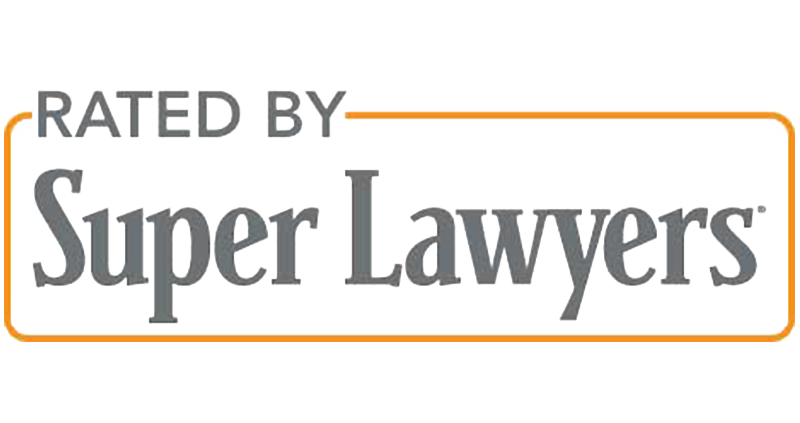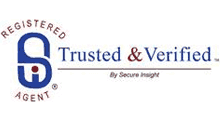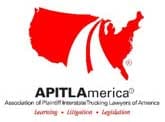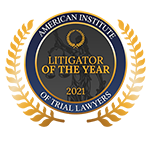Coleman Chambers – Private Offerings of Securities Under Reg. D
The success of any business is often times contingent upon whether the company has enough capital to finance its initial goals and business plan, and a strong equity position can be critical to a company’s initial success, longevity and profitability. These reasons, coupled with the flexibility and other attractive advantages associated with a “Private Offering”, have made limited offerings of securities attractive vehicles for all different types of businesses to raise capital, and limited offerings are becoming increasingly more popular with start-up businesses and established companies in need of a capital injection.
A Private Offering (sometimes referred to as a “Private Placement”) is an offering of securities (typically stock or an interest in an LLC or Partnership) made by the company to selected individuals, allowing them the opportunity to purchase an economical ownership interest in the company. Most such offerings are subject to federal and state laws restricting the offering or sale of securities, unless certain conditions are satisfied. The most common offering of securities is an offer to sell a third party a certain number of shares of the company’s stock in exchange for an agreed upon price. The Federal Securities Act of 1933 provides that if securities are sold or offered for sale or if a prospectus is provided by the use of the mails or interstate commerce, the securities must be registered by the filing of an effective registration statement with the Securities and Exchange Commission (SEC) or meet an applicable exemption.
The most frequently-utilized exemption under federal law is found in Regulation D of the 1933 Act. Companies that comply with the requirements of Regulation D may exempt the offer or sale of its securities from registration. Regulation D contains three separate exemptions, which may be found in Rules 504, 505 and 506 of Regulation D. Rule 506 provides an exemption for an unlimited amount of capital that may be raised, so long as securities are issued to “accredited investors” (including individuals with a net worth of $1,000,000.00, or an individual with $200,000.00 in income for each of the previous two years, or joint income with a spouse in excess of $300,000.00 in each of the previous two years, who reasonably expects the income level to be maintained through the current year, and some banks or qualified employee benefit plans), and up to thirty-five (35) other purchasers that are “sophisticated”–that is, they have sufficient knowledge and experience in business matters to make them capable of evaluating the merits and risks of the prospective investment. Rule 505 provides an exemption for the offering and sale of securities not exceeding $5,000,000.00 in any twelve (12) month period, so long as no more than thirty-five (35) individuals purchase these securities who do not meet the “sophistications standards” of Regulation D. Rule 504 provides an exemption to an issuer who is receiving $1,000,000.00 or less in cumulative offering proceeds from investors.
Georgia has its own registration requirements (sometimes referred to as “blue sky” law), as well as a few state exemptions. Georgia’s Private Offering Exemption (found at O.C.G.A. §10-5-9(13)) limits the number of purchasers to fifteen individuals. Georgia’s Small Issue Registration Statute (found at O.C.G.A. Sec. 10-5-5(e)) provides an exemption from registration if the total aggregate offering is less than $1,000,000.00 and the aggregate number of persons in Georgia purchasing securities during any twelve (12) month period does not exceed fifty (50) individuals. However, the latter exemption requires a registration statement to be filed with the Georgia Commissioner of Securities, a fee to be paid based on the amount of the offering and could be more cumbersome than complying with one of the exemptions under Regulation D. Essentially, an offering exempt under Rule 505 or 506 of Regulation D is also exempt from registration under Georgia law. Where a company has complied with either Rule 505 or 506 of Regulation D, the company may file what is commonly referred to as a “Notice Filing” (a filing less intensive than a registration statement) with the State of Georgia without otherwise registering the securities with the Georgia Commissioner of Securities.
Many Private Offerings are exempt from registration with the SEC under Regulation D. However, there are certain restrictions that apply to exempt securities under Regulation D, the most notable of which is a prohibition against advertising the securities to the general public. Securities exempt under Regulation D may not be the subject of any advertisement, article, notice or other communication generally transmitted to the public, and the issuer of any exempt security may not use other avenues of interstate commerce to market or solicit investors to the offering. Typically, investors should be individuals with whom the company’s principals have a pre-existing relationship. Further, brokers’ fees and other commissions are typically not appropriate under a Regulation D offering.
The key requirement to conduct a Private Offering is the preparation of a Private Placement Memorandum (PPM) or a Private Offering Memorandum (POM), the legal document that includes disclosures required by state and federal law and a description of the securities necessary to provide investors with adequate information to make an informed decision as to the risk involved in investing in the Private Offering. Private Placement Memorandums are typically accompanied by a Subscription Agreement, an Operating Agreement or Partnership Agreement (if the relevant investment vehicle is an L.L.C. or a partnership), Investment Questionnaires, and other information. Rule 502 of Regulation D requires certain information to be provided to purchasers of securities sold pursuant to Rule 505 or 506, including, but not limited to, in some instances, financial statements (including a balance sheet, income statement, and statement of cash flow). An exempt filing under Regulation D also requires the filing of a Form D with the SEC.
A Private Offering can generate investment capital and could be essential to the growth or expansion of your company. Raising capital through private sources is not as complicated or expensive as many people might believe, and offers several advantages to consider if you are planning a new business venture. At Coleman, Chambers & Rogers, LLP we have attorneys in Gainesville who are experienced in Private Offerings and can assist you and your company in navigating the provisions of Regulation D and the Georgia Securities Code, preparing the Private Offering Memorandum and other documentation necessary to conduct an exempt private offering, and complying with the relevant filing requirements of the SEC and Georgia Commissioner of Securities.
















